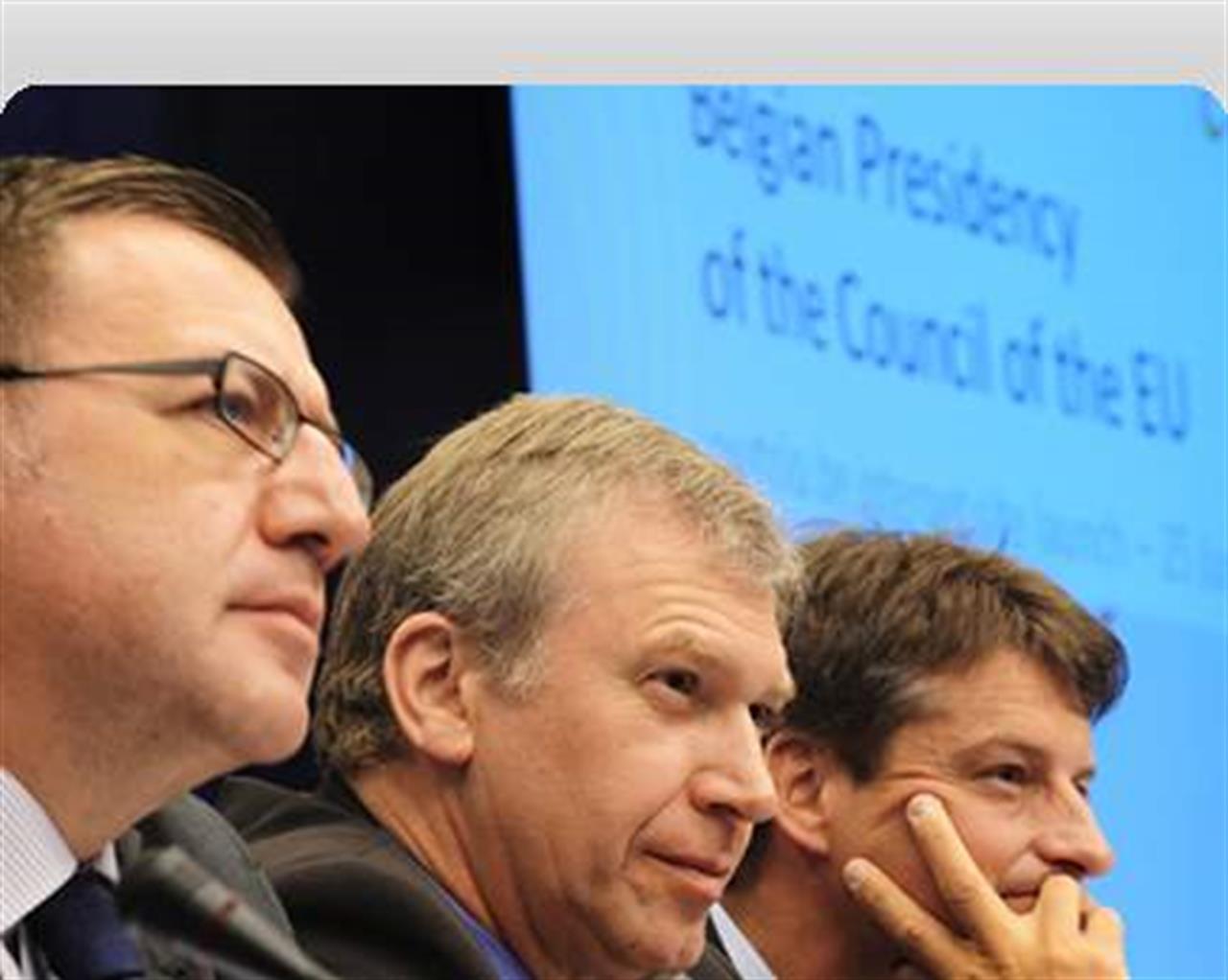Non profit
Three ideas for Europe
Philippe Courard, Secretary of State for Social Integration illustrates the new EU presidency's strategies
di Staff

By Joshua Massarenti in Brussels
Despite the wave of budget cuts that are hitting economic crisis ridden Europe, the Belgians assure everyone that during this European Year, aimed at combatting the poverty that 80 million EU citizens live in, social issues will be on top of the political agenda. Today Belgium takes over the presidency of the European Council until December 31, 2010. But this presidency has been weakened by the negotiations between Flemish and Walloon political parties over the creation of a new government that after the general elections held on June 13, are not likely to end before September. For Philippe Courard, Secretary of State for Social Integration, “there is no reason to be worried. Belgium has been preparing itself for this presidential semester for two and a half years and our internal problems will not affect the goals we have set ourselves”.
Under the “social issues” voice there are three targets: child poverty, low income families and homelessness. Three objectives that can be pushed forwards also thanks to the important success achieved by his socialist colleague, Prime Minister José Luis Zapatero during the last presidential semester, held by Spain. In the EU heads of state summit held in Brussels last June 17, the European Council adopted the “Europe 2020” strategy drawn up by the Barroso Commission in which the European Union commits to lifting over 20 million EU citizens from poverty by 2020.
Why have you chosen these priorities?
In the context of an economic crisis it is important to look at the present but also at the future. Today about 19 million children in Europe live in poverty. We know now that a child raised in a socially deprived context is more likely to end up being poor than other children. This means that as families hit by the crisis become poor, they also risk creating more poor people in the next fifteen to twenty years. The fight against child poverty is therefore an essential means to prevent this from happening. But to safeguard these children we also need to help their families, which means guaranteeing a minimum income across all European countries. Finally, there is the issue of homelessness; this is a housing issue affecting more and more people and even those who are already employed.
Why doesn’t the issue of poverty make it onto European governments’ agendas?
With the Lisbon Strategy ten years ago the EU had decided to integrate poverty onto its political agenda for the first time. Unfortunately we know what happened: the aim of eradicating poverty through economic growth alone proved itself worthless. Today the EU has set itself a less ambitious goal – to lift at least 20 million people out of poverty by 2020. At least this time the goal is quantifiable. Unfortunately, though, there is still a lack of political sensitivity towards poverty. Poor people are looked down upon and often considered a social burden as well as an economic burden for society and public finance. But this reasoning is counterproductive and in the long term ends up increasing social costs.
In the meantime the economic crisis doesn’t help…
Times are hard, its true. But the fact that there are no alternatives to the budget cuts is very worrying. I don’t think it is the most appropriate way of answering to the fears of millions of Europeans living through difficult times. The last Eurobarometer on poverty revealed that one out of every six Europeans has a hard time making ends meet. Unfortunately, the political scenario is dominated by centre-right governments which, obviously, are not sensitive to social issues. Which is why the “Europe 2020” strategy adopted by the European Council on June 17 is so important. In the future, every member state will have to account for the strategies it enacts to fight poverty.
To keep up to date with the EU presidency: www.consilium.europa.eu
Vuoi accedere all'archivio di VITA?
Con un abbonamento annuale potrai sfogliare più di 50 numeri del nostro magazine, da gennaio 2020 ad oggi: ogni numero una storia sempre attuale. Oltre a tutti i contenuti extra come le newsletter tematiche, i podcast, le infografiche e gli approfondimenti.
